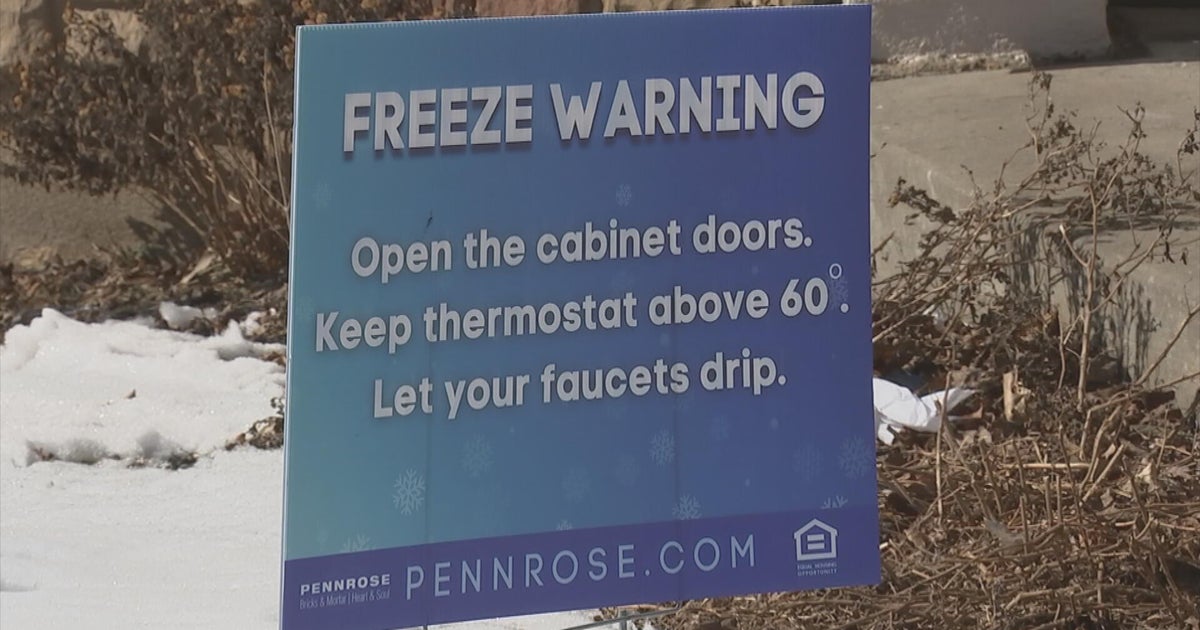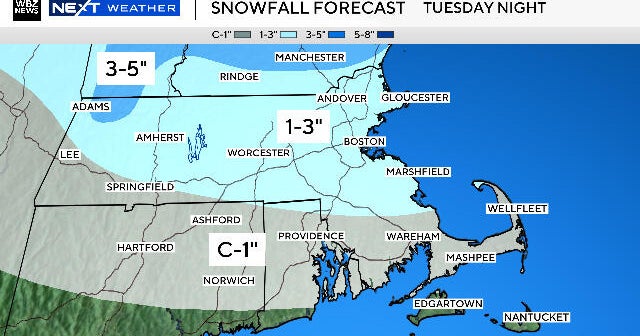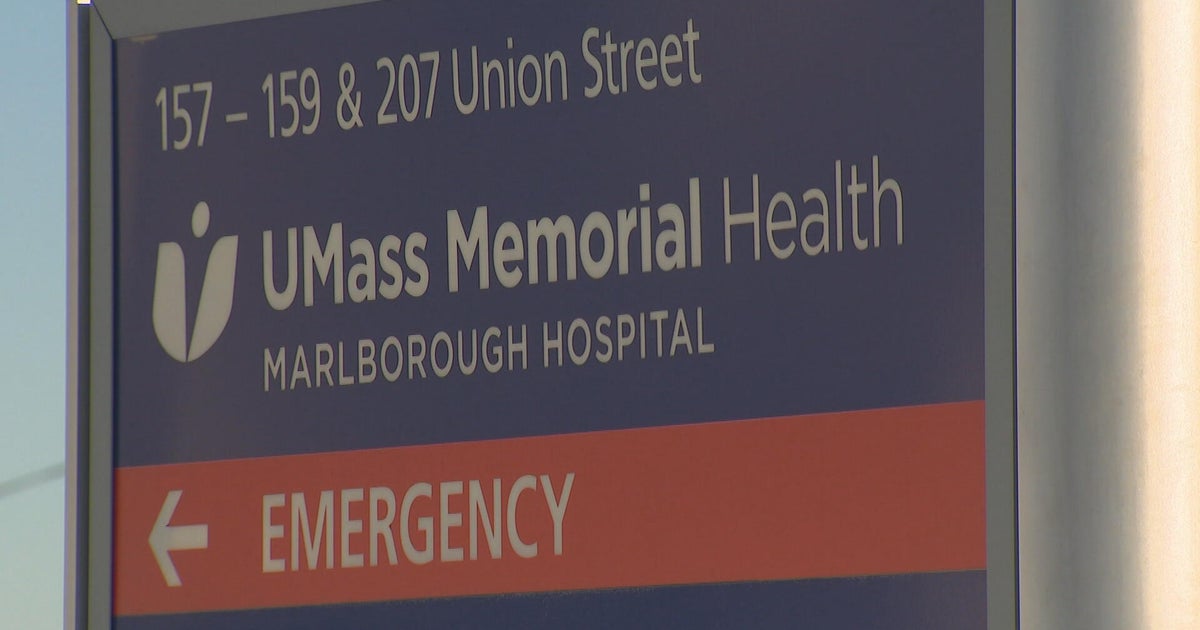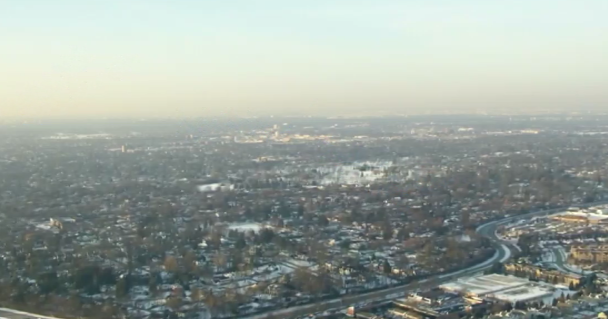Is there a way to fix the pothole problem in Massachusetts?
BOSTON - Driving in Boston can feel like avoiding a minefield of potholes. Residents can mark it on their calendar, even plan for it like a holiday, pothole season in New England is as cyclical as the leaves changing. Why does it happen, and how can we avoid it?
"It's a matter of the weather accumulating. It's damage on the road," said James Lambrechts, a civil engineering professor at Wentworth Institute of Technology.
He says the biggest culprit is the unpredictable, unwanted, undulation of our weather. This is often described as the freeze thaw cycle when the roads are constantly freezing and thawing.
"You can have that happen 50 to 100 times, and that's not an unusual number," said Lambrechts.
The liquid trickles into pavement cracks during the day, then freezes and expands when the temperature drops at night.
"Weak spots in the pavement are going to pop out," said Lambrechts.
Road crews try to keep up, but during the winter it's more about survival than success.
"When it's cold you can't do a thorough job. You can't get in and dig out that cracked pavement to the full depth," said Lambrechts.
Researchers experimenting with self-healing concrete roads
Researchers at Purdue University in Indiana have been experimenting with concrete roads and sensors as a way to prevent potholes. Lambrechts says right now Massachusetts doesn't use concrete, but other chilly states like Minnesota do.
"It was back in the 1930's that we said no concrete because we didn't understand what the concrete issue was," said Lambrechts. "They tried it again in the 1990's, and they didn't get it right."
Purdue's cutting-edge tech begins with sensors. These devices are planted underneath the concrete, and they allow the road to "talk" to engineers.
"We have developed a smart sensor technology by using IOT devices and AI driven algorithms. We can understand the strengths of the concrete development," said Luna Lu, a Purdue Civil Engineer Professor working on the project.
She says often, potholes come from new roads being opened too early before they are properly set.
"This will help us avoid premature damage, and this also can tell us when the concrete loses strength and we need to go back and fix," says Lu.
In addition to communication, her unique concrete is self-healing. A crack less than a couple millimeters can self-heal itself in three to seven days.
"Self-fixing concrete introduces nano particles in the concrete, and the nano particle will react to the cement," Lu said. "It will produce a gel like material to heal the surface."
If you have a question you'd like us to look into, please email questioneverything@cbsboston.com.








